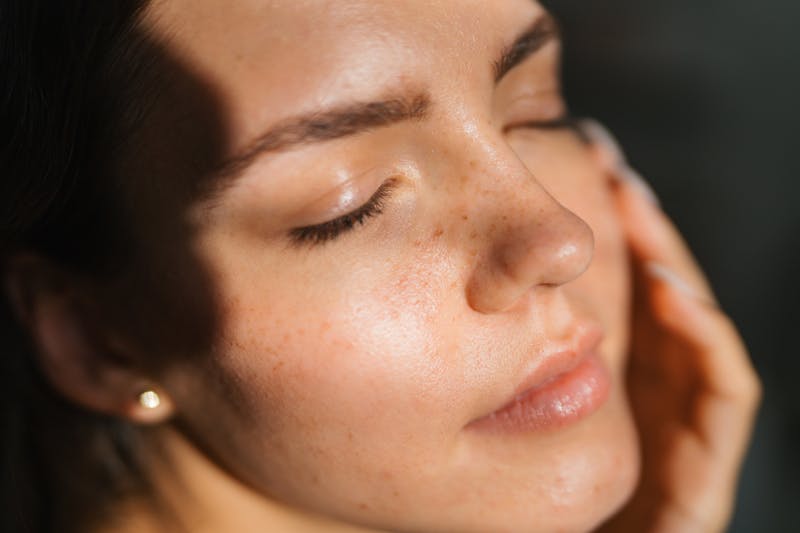
31 Jul 2025
Sleep is a hot topic these days. Not only is it estimated that over 35% of people in this country are getting less than the recommended 7 hours a night, some are getting significantly less. This can have a negative impact on cognitive function and memory, but also your body’s ability to heal. As the latter is a critical component to the excellent result that we both want from any aesthetic procedure, figuring out the best way for you to sleep following your procedure is something that I’ll spend considerable time going over during our initial consultation and pre- op visits. The proper sleep recommendations for your recovery are going to depend on exactly which procedure is performed as well as your natural sleep position, but here are some general guidelines for how to sleep after plastic surgery and why it matters.
Best Post-Op Sleep Position = Head Elevated
For patients who have undergone any kind of surgical facial rejuvenation procedure such as:
• Deep Plane Facelift
• Brow Lift
• Deep Plane Neck Lift
• Eyelid Surgery
• Rhinoplasty
• Chin Implant Surgery
It is critical that you sleep with your head elevated for about 1-2 weeks after your procedure. This will help reduce fluid accumulation and swelling. Since post-op discomfort is typically the result of tissue swelling, keeping your head elevated during sleep may make your recovery less uncomfortable. This position is also best for patients who have undergone any kind of breast surgery such as:
• Breast Augmentation with Implants
• Fat Grafting to the Breast
• Breast Lift
• Mastopexy Augmentation
• Breast Revision Surgery • Gynecomastia
• Breast Reduction
How to Adjust Your Natural Sleep Position Post Surgery
I do not want most of my surgical patients sleeping on their stomach or side after a procedure. This may be difficult if you fall into one of these categories. Since it feels wrong to sleep outside our natural position, this can erode your ability to get the healing benefits of a good night’s rest. During your pre-op visits, I will ask about your sleep habits and we will discuss tips to help you adjust your natural sleep position post surgery. You may want to invest in a “wedge” pillow to naturally elevate your upper body. They are not particularly expensive and come in a wide variety of sizes and heights. Finding the right one for your unique anatomy may take some trial and error so this is something that you'll want to figure out before surgery. And don’t forget that you will probably need a soft pillow or bolster to place under your knees so as not to place undue strain on your lower back. This will also help prevent your body from rolling onto its side during the night. Some patients even build a “fort” of pillows around their whole body in order to prevent movement.
Why Sleep Matters After Plastic Surgery in Boston
One of the many advantages of a surgical procedure is its ability to produce a radical result. However, surgery requires an incision, manipulation of the skin and tissues and possibly tightening of the underlying muscles. Swelling is your body’s natural healing response to this tissue trauma. Anything that you can do to aid your body’s healing response is going to reduce swelling which, as discussed, will help minimize discomfort. During sleep, your body releases growth hormones that’ll help encourage necessary tissue and muscle repair. Sleep is also one of the single greatest things that you can do to reduce inflammation and support your immune system. While both are always important, they are particularly crucial during your recovery period. So, taking the time before surgery to figure out ways to maximize your body’s ability to sleep will help speed up your recovery so that you can get back to your normal routine.
To find out more about any surgical or non-surgical procedure with Dr. Vickram Tandon at the Boston Center for Plastic Surgery, contact us today or call (617) 402-2768 to schedule a consultation at his Boston or Chestnut Hills offices.
